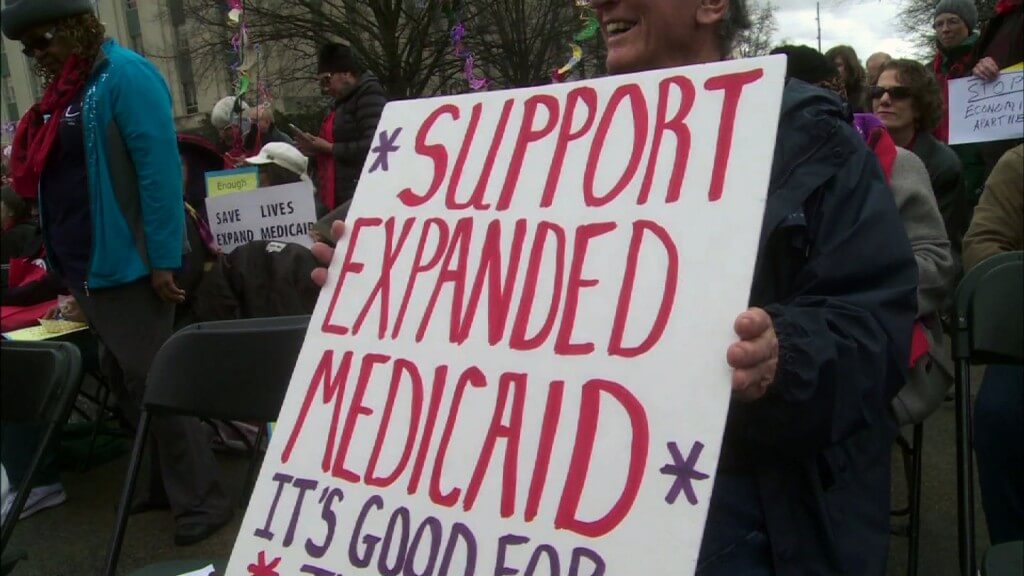Medicaid serves as a vital safety net for millions of Americans, providing essential healthcare coverage to low-income individuals, families, and individuals with disabilities. However, there are limitations to Medicaid coverage, and beneficiaries may find themselves facing the uncertainty of when their coverage may run out. So, when does medicaid run out? In this article, we explore the factors that determine when Medicaid coverage may end and the implications for those affected.
When Does Medicaid Run Out?
1. Coverage Periods
Medicaid coverage is not indefinite and is typically provided for a specified period. The duration of Medicaid coverage can vary depending on factors such as eligibility category, state regulations, and individual circumstances. Some beneficiaries may receive Medicaid coverage for a limited time, while others may maintain coverage for longer durations.
2. Changes in Eligibility
One common reason for Medicaid coverage to end is changes in eligibility status. Medicaid eligibility is contingent upon factors such as income, household size, age, disability status, and citizenship or immigration status. If an individual’s circumstances change, such as an increase in income or a change in household composition, they may no longer meet the eligibility criteria set by Medicaid guidelines, leading to the termination of their coverage.
3. Eligibility Reviews and Renewals
Medicaid beneficiaries are typically required to undergo periodic eligibility reviews and renewals to maintain coverage. During these reviews, individuals must verify their continued eligibility by providing updated information and documentation. Failure to complete the renewal process or provide requested documentation within specified deadlines can result in the termination of Medicaid coverage.
4. Policy Changes
Changes in Medicaid policies or regulations at the state or federal level may impact eligibility criteria or coverage requirements, resulting in the discontinuation of coverage for certain individuals or groups. Policy changes could arise from legislative reforms, budget constraints, or shifts in healthcare priorities. While policy changes are often intended to improve program efficiency or address emerging healthcare needs, they can inadvertently lead to disruptions in coverage for vulnerable populations.
5. Exceeding Benefit Limits
In some cases, Medicaid beneficiaries may reach benefit limits or caps on covered services within a given time period. Certain services or treatments may have specific coverage limits, and once these limits are reached, Medicaid coverage for those services may cease until the next coverage period or renewal cycle.
Medicaid coverage is subject to limitations and may end under various circumstances, including changes in eligibility, policy adjustments, and benefit limits. Understanding the factors that can affect Medicaid coverage and staying informed about renewal requirements and policy changes are essential for beneficiaries to maintain uninterrupted access to healthcare services. Policymakers and healthcare stakeholders must work collaboratively to address systemic challenges and ensure equitable access to healthcare for all individuals in need, regardless of Medicaid coverage limitations. Those are some reasons to answer the question when does medicaid run out. Hope it enlightens you.


